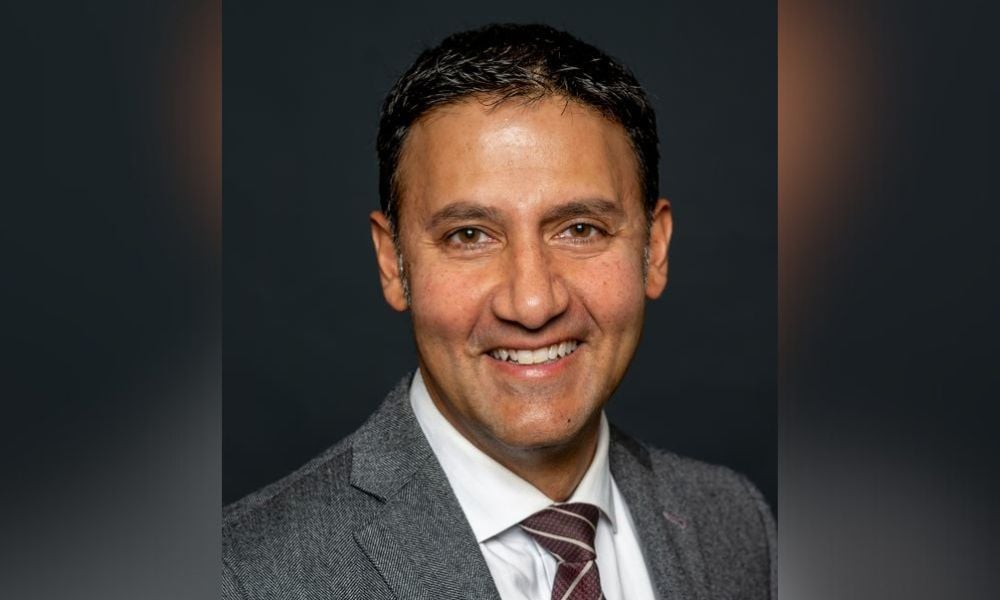The case involves the system of matching medical school with available residency positions in BC

The Supreme Court of British Columbia struck a Charter challenge against the Canadian Residence Matching Program Service (CaRMS) and the Association of Faculties of Medicine of Canada (AFMC) regarding the system by which medical school graduates are matched to available residency positions in British Columbia.
The challenge was initiated by two Canadian citizens, Oliver Kostanski and Harris Falconer, who graduated from international medical schools and the Society for Canadians Studying Medicine Abroad. They contested the residency matching system that places Canadian or American medical school graduates in one stream and international graduates in another. They argued that this system unfairly limits their opportunities to secure residency positions in BC and subsequently practice medicine.
CaRMS and AFMC argued they have no decision-making authority over the residency match system, asserting they neither created nor could alter the challenged two-stream system. The court agreed, emphasizing that both organizations merely administer or influence the system without statutory or public decision-making power.
The petition detailed how the residency matching system, which dictates the futures of medical graduates by placing them in Canadian residency programs, segregates International Medical Graduates (IMGs) from those who have graduated from Domestic Medical Schools, resulting in fewer and less diverse opportunities for IMGs. The petitioners argue this violated their rights under the Canadian Charter of Rights and Freedoms.
In delivering the judgment, the BC Supreme Court clarified the roles of CaRMS and AFMC in the residency matching process, noting that the essential challenge is against the governmental policy that established the two-stream system. The Province of British Columbia, also named in the lawsuit, remained a party to the proceedings. The court decided whether the claims against CaRMS and AFMC could proceed. The court ultimately found that they had not made any reviewable decisions and were not proper parties to the action.
The petition also criticized the requirement for IMGs to sign a Return of Service Contract as a condition of accessing residency positions, a requirement not imposed on graduates of Domestic Medical Schools. This contract obligates physicians to work in specified locations in British Columbia for a number of years to address doctor shortages in underserved areas.
By severing the claims against CaRMS and AFMC, the court has streamlined the legal challenge, focusing on the Province's responsibility in creating and continuing the residency matching system.










